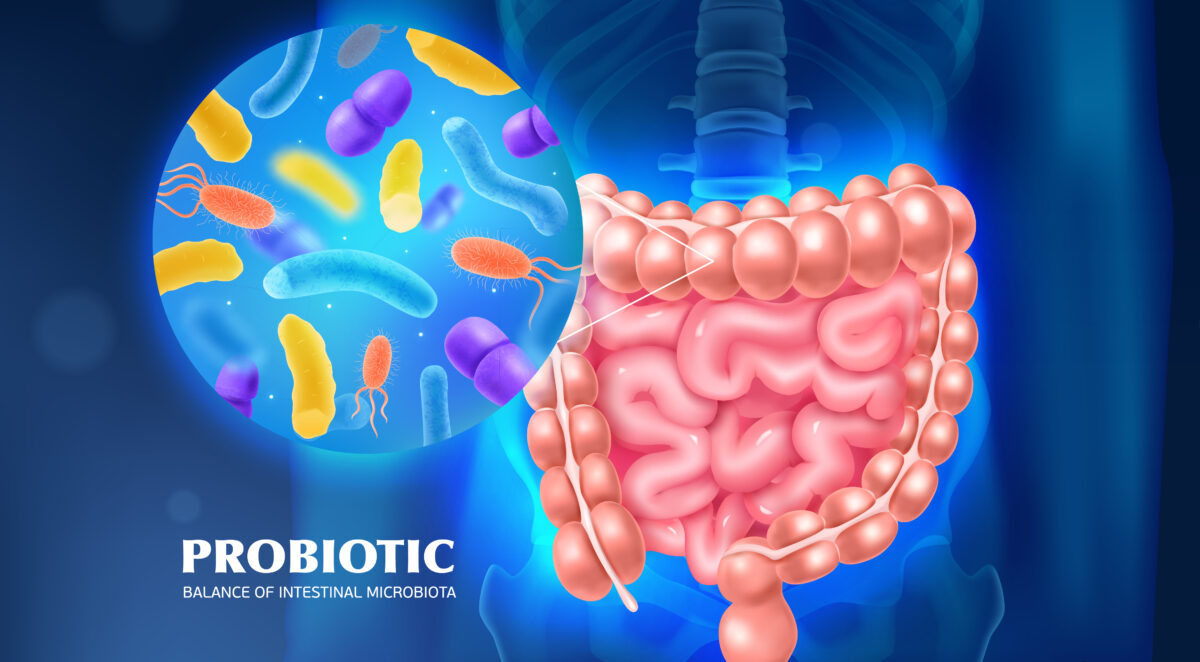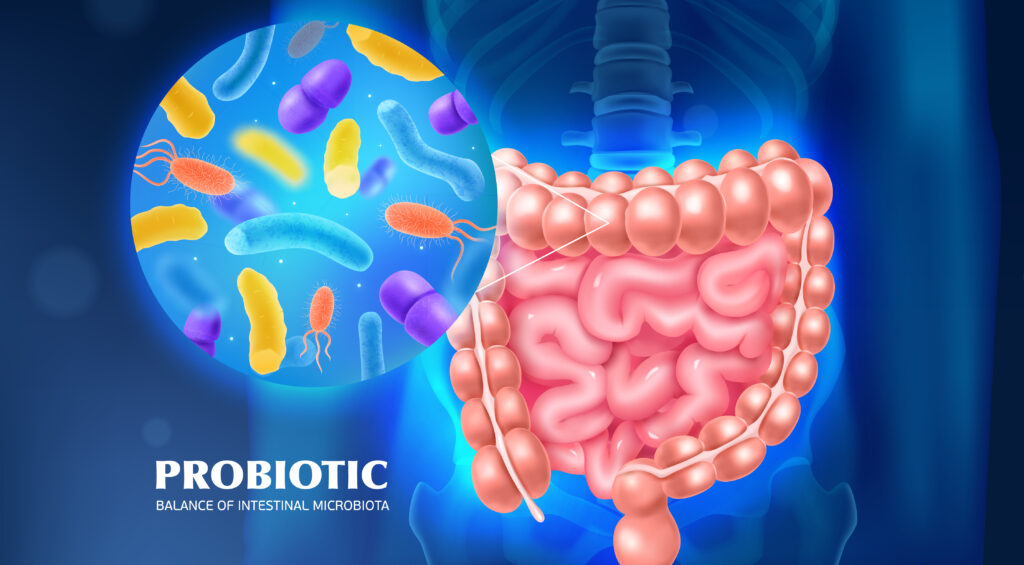Maintaining strong and healthy bones is essential for overall well-being and longevity. The risk of developing osteoporosis increases with age. Osteoporosis is a condition that weakens bones making them fragile and more likely to break. While osteoporosis can affect individuals of all ages, it is more prevalent among older adults. However, with the right lifestyle choices like regular exercise and a balanced diet, bone health can be promoted and the risk of osteoporosis can be reduced.
Understanding Osteoporosis
Regular exercise plays a vital role in building and maintaining strong bones. Weight-bearing exercises, which require your body to work against gravity, are particularly beneficial for bone health.
The activities that stimulate the bone health include:
Weightlifting or strength training: Resistance exercises using weights, resistance bands, or weight machines can help strengthen bones and increase muscle mass, providing support and protection to the bones.
Walking or jogging: Weight-bearing aerobic activities are excellent for promoting bone health, as they exert force on the bones and stimulate bone remodeling.
Dancing: Dancing involves rapid movements, changes in direction, and jumps, which are not only enjoyable but also contribute to bone health.
- Nutrition for Bone Health
A well-balanced diet plays a crucial role in maintaining optimal bone health and preventing osteoporosis. Key nutrients and food sources that support bone health include:
Calcium is a fundamental mineral for bone health. Dairy products like milk, cheese, and yogurt, as well as leafy green vegetables like kale and broccoli, are excellent sources of calcium.
Vitamin D is essential for calcium absorption and utilization. Sunlight is a primary source of vitamin D, but food like fatty fish such as salmon, mackerel, egg yolks, and fortified foods can also provide a rich source of Vitamin D.
Protein intake is necessary for maintaining bone strength and promoting the repair and growth of bones. Lean meats, poultry, fish, legumes, nuts, and seeds are sources of high-quality protein.
Magnesium aids in bone mineralization and metabolism. Magnesium are rich in food such as whole grains, nuts, seeds, and green leafy vegetables.
In addition to exercise and nutrition, lifestyle factors also have a significant impact on bone health and reduce the risk of osteoporosis. Common important lifestyle factors regarding the bone health topic include:
Tobacco and alcohol consumption: Smoking and excessive alcohol intake have been associated with lower bone density and an increased risk of fractures. Quitting smoking and moderating alcohol consumption are important steps in maintaining bone health.
Healthy body weight: Both being underweight and overweight can negatively affect bone health. Maintaining a healthy weight through a balanced diet and regular exercise can help prevent osteoporosis.
Fall prevention: Falls are a significant cause of fractures in individuals with osteoporosis. Take steps to minimize fall risks by ensuring a safe living environment, using assistive devices if necessary, and practicing exercises that improve balance and coordination.
Osteoporosis is a serious health concern so prevention is the good way by incorporating regular exercise, adopting a bone-friendly diet, and implementing a healthy lifestyle. If you would like to consult and seek professional guidance on how to effectively manage exercise, nutrition and lifestyle to optimize bone health, visit PrimoCare Medical Clinic as we are always ready to take care of you and for your optimal wellness. You can inquire or make an appointment in advance here.
Reference:





















